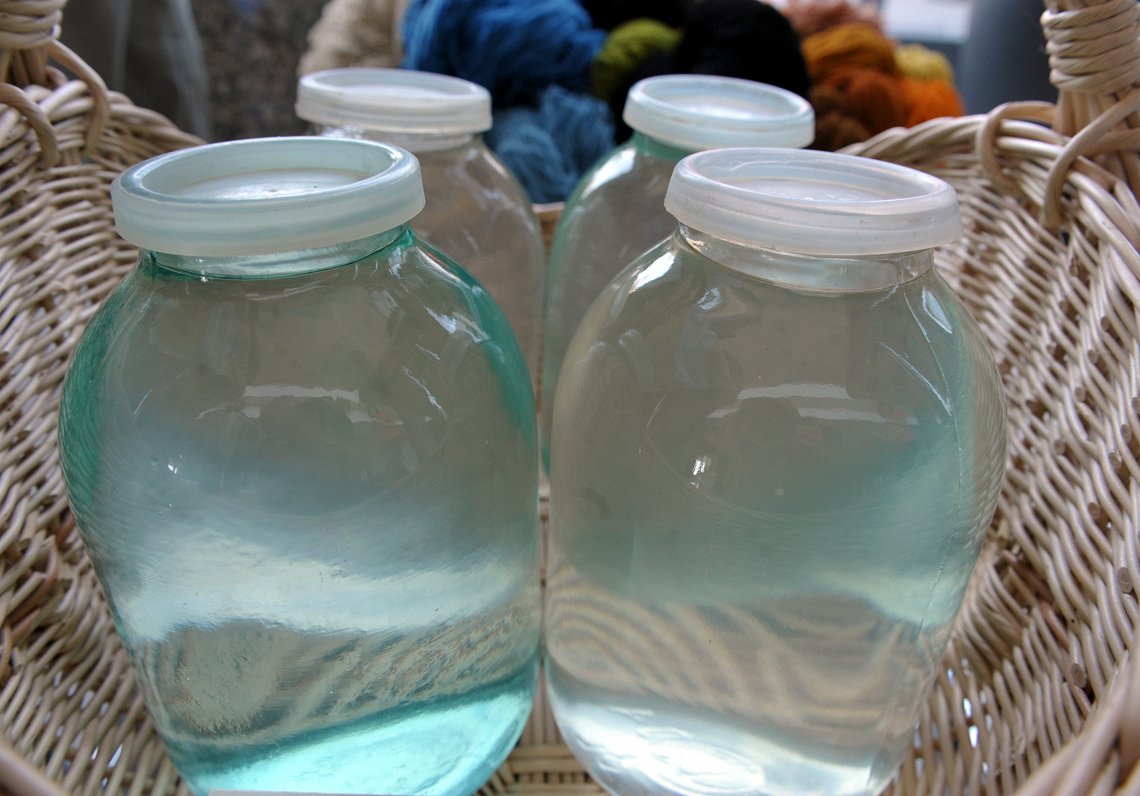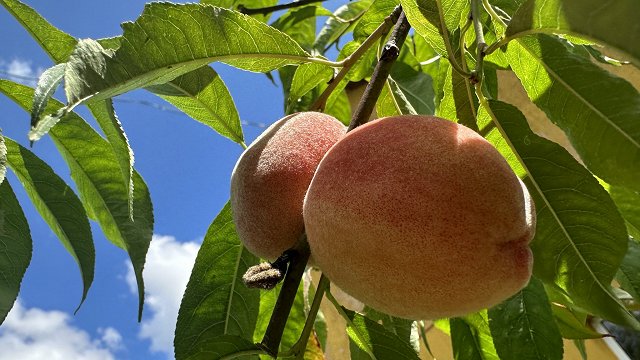Drinking birch sap is as old as the forests themselves, but has also been very much in vogue for the past few years. Latvia's markets, stores and cafes all stock bottles of this nutrient-rich and refreshing drink. But it's much better to collect the fresh stuff yourself straight from the trunk, and under Latvian law, every person is allowed to tap one birch in state-owned forests.
National forestry company Latvijas valsts meži (LVM, Latvian State Forests) has released a new video (above) reminding people of the rules, which in summary are:
- It must be on LVM land, but not in a protected nature reserve
- It must be a mature tree – at least 120 cm in circumference
- The hole you make in the tree should be drilled and no wider than 6-8 mm
- The hole should be no deeper than 5 cm
- The hole should be no higher than 50cm from the ground
- If you only use a small hole (as above) there is no need for a wooden plug afterwards – the tree will seal itself and using a wooden plug increases the risk of infection.
- Don't tap the same tree two years in a row
As with all things, if you've never tapped a tree before, it's best to go the first time with someone who has experience.
Here's another video (below) from Latvian Television's Rīta panorama morning news archives on the subject.
"Birch sap is a mixture of sugar, vitamins, minerals and growth stimulants. This gives one a boost of energy. As a diuretic, it also cleanses the body very well. It's enough to drink four to five glasses of birch sap a day, and your body will be very well cleansed," says pharmacist Vija Eniņa.
Forestry expert Kaspars Rižis says that you can extract sap from any birch, but slim trees should be avoided lest they die. "There's one thing to note. You should drill a hole as low as possible on the tree, in order to prevent it from dying," he said.
You can buy modern, ready-made sets for extracting tree sap at many Latvian stores. Old-school sap collecting methods tend to be a bit more brutal with use of hand-drills and larger holes.
Drinking the rising sap of the birch tree is the definitive taste of spring, and after this year's particularly long, hard winter it is likely to be more grand cru than vin de table.
Though maple trees are already giving out their sap as a sort of natural apéritif, it is birch sap season in late March and April that really gets Latvian juices flowing and with temperatures forecast to increase next week, the season should soon be upon us.
An individual can also sell up to 300 liters of birch sap per year. The Food and Veterinary Service indicated that a person does not have to register with the service for anything up to this amount, but records of the amount and source must be kept. Tapping more than one tree on public land requires permission in advance and comes with a fee.
Producers like Libertu and Birzī have their own plantations and now make birch lemonade, wine, syrup and other products to be consumed for the rest of the year.

Scientists confirm that birch sap is good for controlling blood pressure, boosting the immune system and that it has various other health-giving properties. On the other hand, although it's great for additional hydration, its composition doesn't differ much from well water, according to BIOR Institute of Food safety, Animal Health and Environment Risk Analysis and Epidemiology Department Senior Expert Elīna Ciekure.
The BIOR Institute of Food Safety, Animal Health and Environment carried out research on birch sap from trees growing in polluted areas, and the results were surprising.
"According to people from BIOR, it's somewhere between drinking water and mineral water," said Vīksna.

























